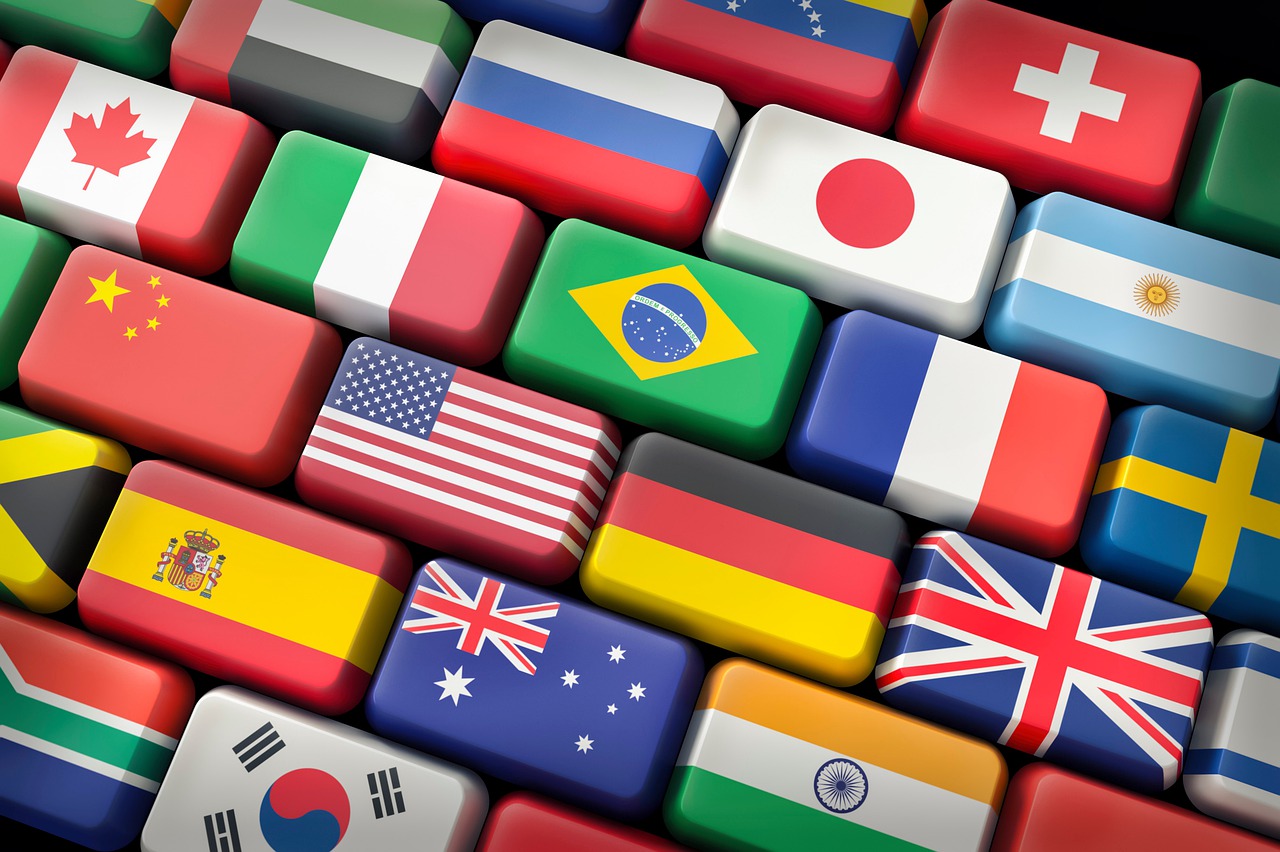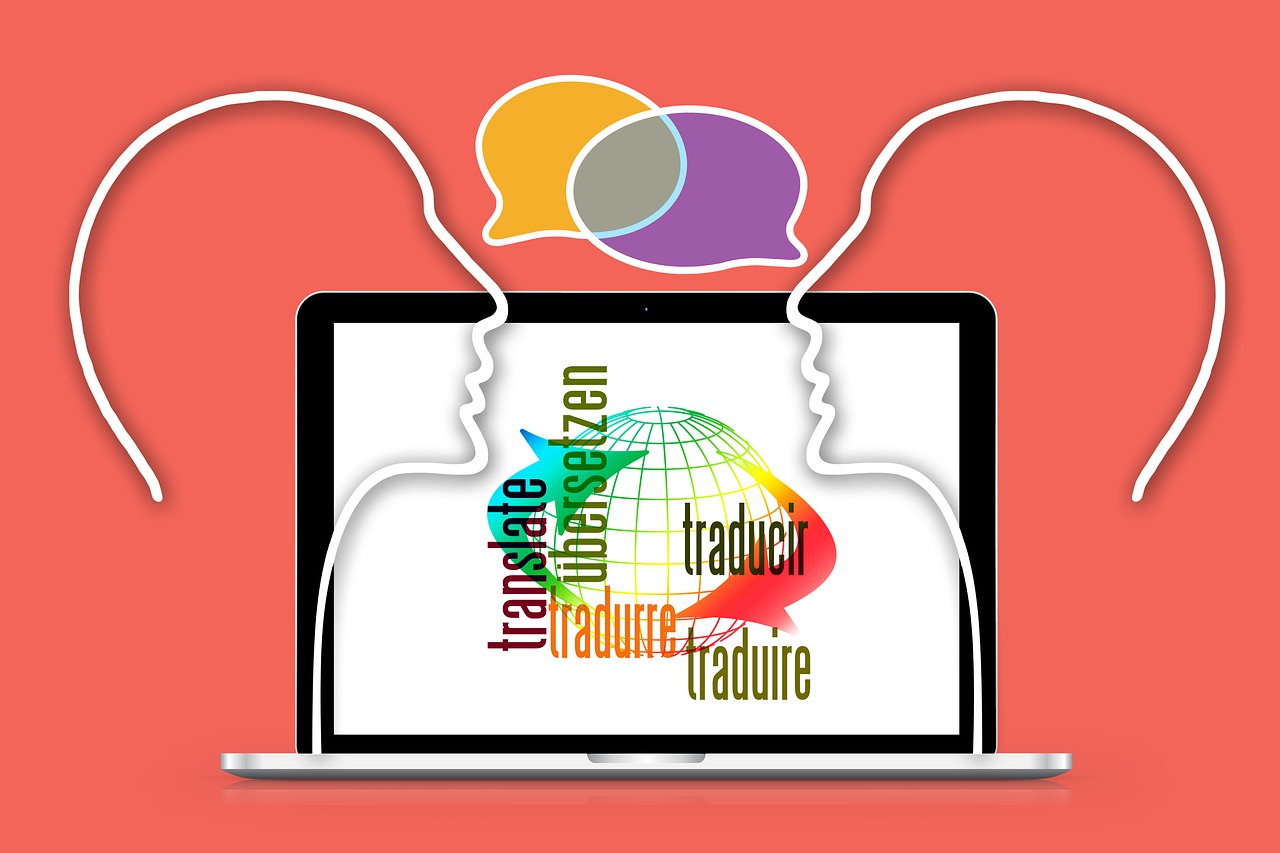Pope John Paul II, one of the most influential figures in modern history, was not only a spiritual leader but also a renowned polyglot. With his charismatic personality and dedication to bridging cultures, he had an impressive command over multiple languages. This article takes you on a journey to discover just how many languages Pope John Paul II spoke, exploring the impact of language on his life, career, and his ability to connect with people from all around the world. Get ready to be inspired by the linguistic talents of this beloved historical figure as we delve into his extraordinary multilingualism.

Early Life and Education
Birth and Childhood
Pope John Paul II, born Karol Józef Wojtyła, entered the world on May 18, 1920, in the small Polish town of Wadowice. Growing up in a devoutly Catholic family, his early exposure to the church’s teachings played a significant role in shaping his future. Despite facing personal tragedies, such as the loss of his mother at a young age, his childhood was marked by a strong sense of faith and a love for learning.
Education and Seminary Life
As a young student, Karol Józef Wojtyła excelled academically and showed a keen interest in languages. He attended Jagiellonian University in Krakow, where he studied Polish philology and dabbled in various languages. His passion for languages only grew during his time at the university, where he also explored drama, poetry, and literature. Following his undergraduate studies, Wojtyła enrolled in the Archbishop’s Seminary in Krakow, commencing his journey towards priesthood.
See Also: What Language Did Charlemagne Speak?
Language Skills
Fluency in Polish
Being a native Pole, Pope John Paul II had an impeccable command of the Polish language. Polish was the language in which he delivered numerous homilies, speeches, and prayers throughout his papacy, connecting with the Polish people on a profound level.
Proficiency in Latin
Latin, the ancient language of the Catholic Church, held great significance for Pope John Paul II. He became proficient in Latin during his seminary studies and later used it extensively during papal ceremonies, Vatican liturgy, and official correspondence at the Holy See.
Knowledge of Italian
As the language of the Vatican and the most commonly spoken language within the Vatican City State, Italian was another language in which Pope John Paul II achieved fluency. This proficiency assisted him in navigating the administrative duties of the papacy and engaging with the Italian-speaking community.
Understanding of French
Growing up in a region of Poland near the French border, Pope John Paul II developed an understanding of the French language. While he did not actively use French during his papacy, this linguistic knowledge helped bridge cultural gaps and connect with French-speaking individuals throughout his life.
Basic understanding of German
Pope John Paul II possessed a basic understanding of the German language, which he acquired through his early education and exposure to German culture. Though not fluent, this knowledge allowed him to communicate with German-speaking individuals and fostered cross-cultural relationships.
Familiarity with English
Recognizing the importance of English as a global language, Pope John Paul II made efforts to familiarize himself with it. While not completely fluent, he had a working knowledge of English, enabling him to communicate with English-speaking audiences during his travels and international encounters.
Knowledge of Spanish
Known for his extensive travels and outreach, Pope John Paul II acquired knowledge of Spanish to better connect with the Spanish-speaking world. He engaged with millions of Spanish-speaking pilgrims during his papacy, effectively conveying his messages with a deep understanding of their cultural and linguistic backgrounds.
Understanding of Portuguese
Pope John Paul II’s linguistic repertoire also included Portuguese. With its prevalence in countries like Brazil and Portugal, this knowledge further facilitated his interactions with Portuguese-speaking communities during his reign as pontiff.
Basic understanding of Ukrainian
Proximity to Ukraine and its diaspora in Poland led Pope John Paul II to develop a basic understanding of the Ukrainian language. This linguistic ability allowed him to connect with Ukrainian Catholics and nurture stronger ties between the Eastern and Western branches of the Catholic Church.
Familiarity with Russian
Given the socio-political climate during his tenure, Pope John Paul II recognized the importance of the Russian language. While he did not possess fluency, his familiarity with Russian aided his diplomatic efforts and enabled him to engage with the Russian Orthodox Church and Russian-speaking audiences.
Language Acquisition and Cultural Understanding
Influence of Multilingual Upbringing
Pope John Paul II’s affinity for languages was deeply rooted in his upbringing. Coming from a region where multiple languages coexisted, he was exposed to various linguistic and cultural influences from an early age. This unique multilingual environment fostered a deep appreciation for diverse cultures and provided the foundation for his future language acquisition.
Language Study during Seminary Life
During his time in the seminary, Pope John Paul II’s passion for languages continued to flourish. His theological studies were complemented by an exploration of different languages, including Latin, Italian, and French. This linguistic education not only expanded his understanding of the world but also equipped him with the necessary tools to communicate with individuals from different cultural backgrounds.
Encounters with Different Cultures
Pope John Paul II’s encounters with diverse cultures throughout his life greatly influenced his language learning journey. His experiences interacting with individuals from various regions and backgrounds instilled in him a profound respect for cultural diversity. These encounters motivated him to learn and use languages as a means of fostering understanding and unity among different cultures.
See Also: What Language Did Buddha Speak?
Language Use in Papal Duties
Official Languages of the Holy See
As the spiritual leader of the Catholic Church, Pope John Paul II was acutely aware of the importance of effective communication. The official languages of the Holy See – Latin and Italian – played a crucial role in facilitating internal administrative functions and diplomatic correspondence.
Speeches and Homilies in Different Languages
Pope John Paul II’s multilingualism was on full display during his speeches and homilies. With his command of various languages, he delivered messages of hope, faith, and love to diverse audiences around the world. Whether addressing his fellow Poles in Polish or speaking to international crowds in other languages, his words resonated deeply with his listeners.
Multilingual Encyclicals and Apostolic Letters
Throughout his papacy, Pope John Paul II wrote numerous encyclicals and apostolic letters, which he translated into multiple languages. This multilingual approach allowed him to ensure that his messages reached individuals from different linguistic backgrounds, fostering a sense of inclusivity and unity within the Catholic Church.
Communication with International Crowds
One of the most remarkable aspects of Pope John Paul II’s linguistic abilities was his openness to foreign cultures and his desire to connect with people from all walks of life. Whether it was addressing masses in different countries or engaging with pilgrims during his travels, he used language as a bridge to form meaningful connections and promote global understanding.

Impact on Interfaith Relations
Bridge between Different Cultures and Religions
Pope John Paul II’s linguistic talents played a significant role in fostering interfaith relations. His ability to speak multiple languages allowed him to engage in meaningful dialogue and build bridges with individuals from diverse religious backgrounds. By understanding and expressing himself in different languages, he emphasized the importance of respect, dialogue, and cooperation among different faith communities.
Dialogue with Jewish Communities
Pope John Paul II’s papacy was marked by historic and groundbreaking interactions with Jewish communities worldwide. His linguistic skills, particularly in Hebrew, enabled him to communicate directly with Jewish leaders and congregations, fostering understanding and promoting reconciliation between Catholics and Jews.
Interactions with Muslim Leaders
Recognizing the importance of interreligious dialogue, Pope John Paul II actively engaged with Muslim leaders during his papacy. His knowledge of Arabic, though not extensive, allowed him to initiate and participate in crucial discussions aimed at promoting peace, fostering understanding, and combating prejudice between Christians and Muslims.
Promoting World Peace through Language
Importance of Language in Diplomacy
Pope John Paul II recognized the pivotal role language plays in diplomatic endeavors. By engaging in multilingual dialogues, he effectively communicated his commitment to peace, justice, and human rights. His diplomatic efforts, exemplified through his speeches and interactions, demonstrated that language serves as a powerful tool in bridging gaps and resolving conflicts.
Linguistic Efforts to Promote Peace
Using his linguistic abilities, Pope John Paul II consistently advocated for peace and reconciliation. He leveraged his fluency in multiple languages to convey messages of unity and understanding, emphasizing the power of dialogue and genuine communication in resolving conflicts and promoting peaceful coexistence.
Supporting Multilingual Education
Pope John Paul II’s commitment to language learning went beyond his own abilities. He recognized the value of multilingual education in fostering cultural exchange, global understanding, and peaceful relations. Through initiatives and support for multilingual education programs, he sought to open doors for future generations, encouraging them to embrace linguistic diversity and cultural exchange.

Language Learning as a Lifelong Endeavor
Continued Language Studies as Pope
Even as the leader of the Catholic Church, Pope John Paul II never ceased his language learning journey. He remained dedicated to expanding his linguistic repertoire even during the demanding responsibilities of the papacy. This commitment showcased his belief in the importance of lifelong learning and constantly striving for personal growth.
Efforts to Communicate with People Worldwide
Pope John Paul II’s unwavering dedication to communicating with people across the globe fueled his pursuit of language learning. He recognized the power of language as a means to connect with individuals from different backgrounds, and his continuous language studies were a testament to his desire to reach out to people regardless of nationality or language.
Motivating Others to Learn Languages
Beyond his personal language journey, Pope John Paul II served as an inspiration for others to embark on their own language-learning endeavors. His dedication to multilingualism and cultural understanding encouraged individuals from all walks of life to embrace language learning as a means of personal growth, enhanced communication, and fostering global unity.
Legacy of Multilingualism
Inspiring Future Multilingual Leaders
Pope John Paul II’s multilingual legacy continues to inspire individuals to embrace linguistic diversity and become multilingual leaders in their respective fields. His example demonstrates the profound impact that language skills can have on fostering understanding, nurturing dialogue, and promoting respect among different cultures and religions.
Recognition of Language’s Role in Cultural Exchange
The linguistic talents of Pope John Paul II highlighted the crucial role language plays in cultural exchange. By engaging with diverse languages and cultures, he deepened his understanding of the world and promoted meaningful dialogue between different societies. His legacy serves as a reminder of the power of language in breaking down barriers and encouraging mutual understanding.
Continued Influence on Language Education
Pope John Paul II’s commitment to language learning has had a lasting influence on language education. His advocacy for multilingual education and his emphasis on the importance of lifelong language learning continue to shape language education programs and inspire individuals to explore the world through language.
See Also: How Many Languages Does Zelensky Speak?
Conclusion
Pope John Paul II’s Linguistic Legacy
Pope John Paul II’s linguistic abilities and his commitment to language learning left an indelible mark on his papacy, the Catholic Church, and the world. His fluency in multiple languages allowed him to connect with individuals of various backgrounds and faiths, fostering understanding, peace, and unity. His linguistic legacy serves as a powerful reminder of the transformative power of language in promoting cultural exchange and shaping the world for the better.
Continued Inspiration for Language Learners
Pope John Paul II’s dedication to language learning and his belief in the value of linguistic diversity serve as a continued inspiration for language learners worldwide. His linguistic talents were not only an essential part of his role as the pontiff but also a testament to the profound impact language skills can have on creating connections, fostering understanding, and promoting peace in our increasingly interconnected world.




